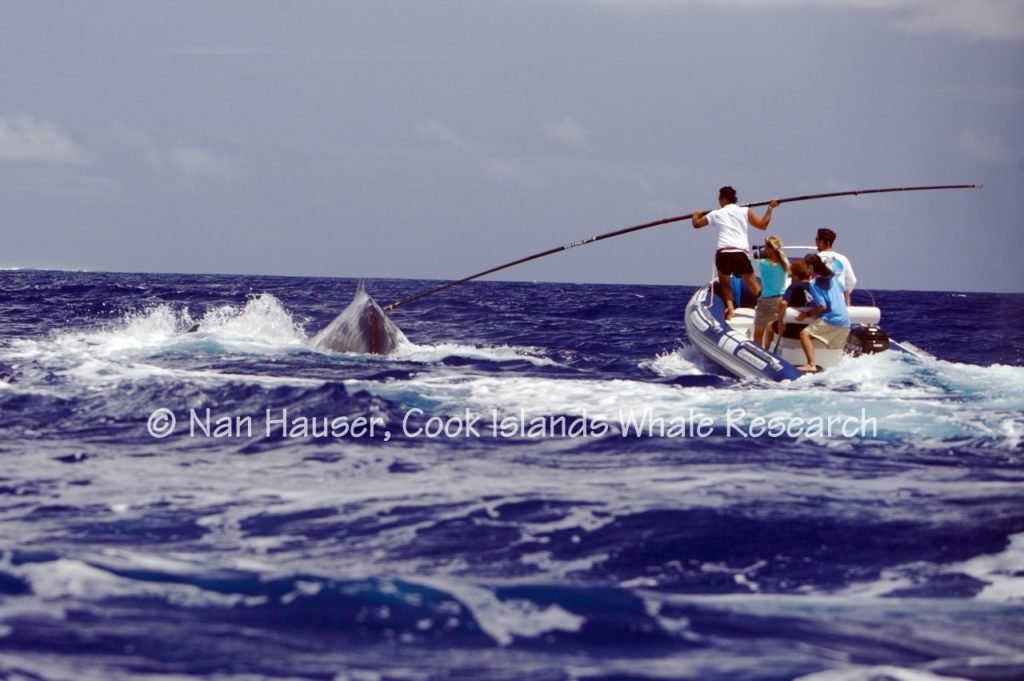Alex Zerbini has a BS degree in Biological Oceanography and an MS in Zoology from Universities in his home country of Brazil and a PhD in Fisheries and Aquatic Sciences from the University of Washington. He was a post-doctoral Fellow at the Marine Mammal Laboratory of NOAA’s Alaska Fisheries Science Center. Alex has been conducting research with marine mammals since the early 1990s.
Alex is a member of the International Union for Conservation of Nature (IUCN) Cetacean Specialist Group and has assisted IUCN in preparing Red List assessments of many whale and dolphin species. He is also a member of the International Whaling Commission (IWC) Scientific Committee and has chaired three of the IWC’s subcommittees. He is a member of the World Wildlife Fund (WWF) advisory board on river dolphins and of the board of directors of the Society for Marine Mammalogy and the Latin American Society for Aquatic Mammals. Alex also has broad experience with Animal Care and Use Committees, having served as a member of the IACUC Committee of non-profit, research organizations such as Cascadia Research Collective and Marine Ecology and Telemetry Research.
Alex’s research interests include population biology and assessment of cetaceans. Since the early 2000s, Alex has been focusing his research in applying, developing, and understanding impacts of satellite telemetry methods to whales. Alex has authored or co-authored more than 90 peer-reviewed publications and book chapters and a number of non-peer reviewed reports.
Alex has worked with CCRC on satellite tagging projects. In 2014, seven humpback whales were satellite tagged to determine their migration patterns. Nan Hauser and Alex Zerbini have co-authored papers on their findings from satellite tagging, including:
Migratory destination of a humpback whale satellite-tagged in the Cook Islands
Straight as an arrow: humpback whales swim constant course tracks during long-distance migration




